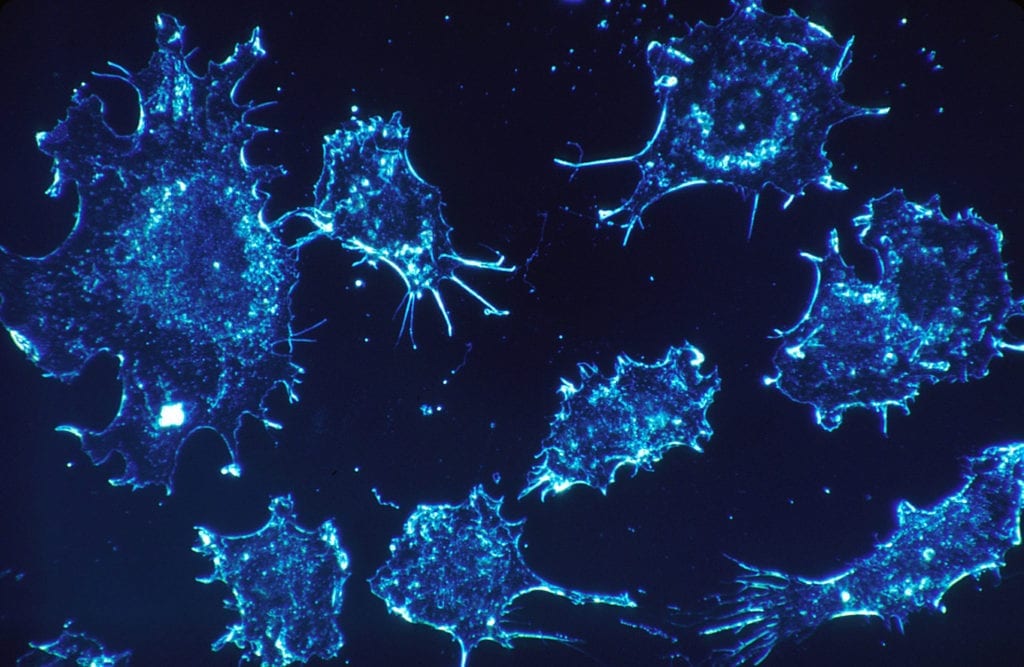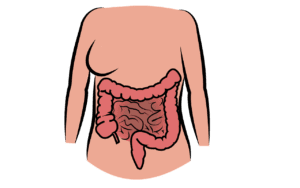In the United States, the FDA grants Orphan Drug designation to drugs or biologics that are intended to treat, diagnose, or prevent rare conditions. A rare condition is one affecting fewer than 200,000 people across the nation. Orphan Drug designation was conceptualized to incentivize drug development within the rare disease space. As such, it comes with benefits such as fee waivers and tax credits, increased FDA communication, and up to seven years of market exclusivity upon drug approval. Pharmaceutical Technology reports that the FDA granted Orphan Drug designation to NXP800 for cholangiocarcinoma.
Nuvectis Pharma, Inc. (“Nuvectis”), the drug developer, describes NXP800 as:
an orally bioavailable small molecule activator of the GCN2 kinase. Chronic activation of GCN2 by NXP800 leads to cancer cell death.
It has shown robust activity in preclinical studies, including for endometrial cancer, gastric cancer, and ovarian cancer, outside of cholangiocarcinoma. Currently, researchers are exploring NXP800 in a Phase 1b study for ARID1a-mutated ovarian cancer. In the future, Nuvectis hopes to perform further studies on NXP800 for cholangiocarcinoma, including identifying the ideal dose for further exploration.
About Cholangiocarcinoma
Also referred to as biliary tract cancer or bile duct cancer, cholangiocarcinoma manifests in the bile ducts. These ducts connect the liver with the small intestine and gallbladder. It affects anywhere from 8-10,000 people nationwide each year. While there are a number of available treatments, the 5-year life expectancy is still unfortunately low as treatments are not as effective when the cancer is diagnosed at later stages. Finding more effective therapies is needed to fill an immense unmet need within this community.
Cholangiocarcinoma is most common in people older than 50 years old. Additional factors increase the risk. These include liver parasites, diabetes, chronic liver disease, smoking cigarettes, primary sclerosing cholangitis, and congenital bile duct issues.
Symptoms related to this cancer can include:
- Extremely itchy skin
- Abdominal pain on the right side below the ribs
- Unintentional weight loss
- Jaundice (yellowing of the eyes and skin)
- Fever and night sweats
- Fatigue
- Dark urine and pale, greasy stools
- Nausea and vomiting
- General weakness/malaise







